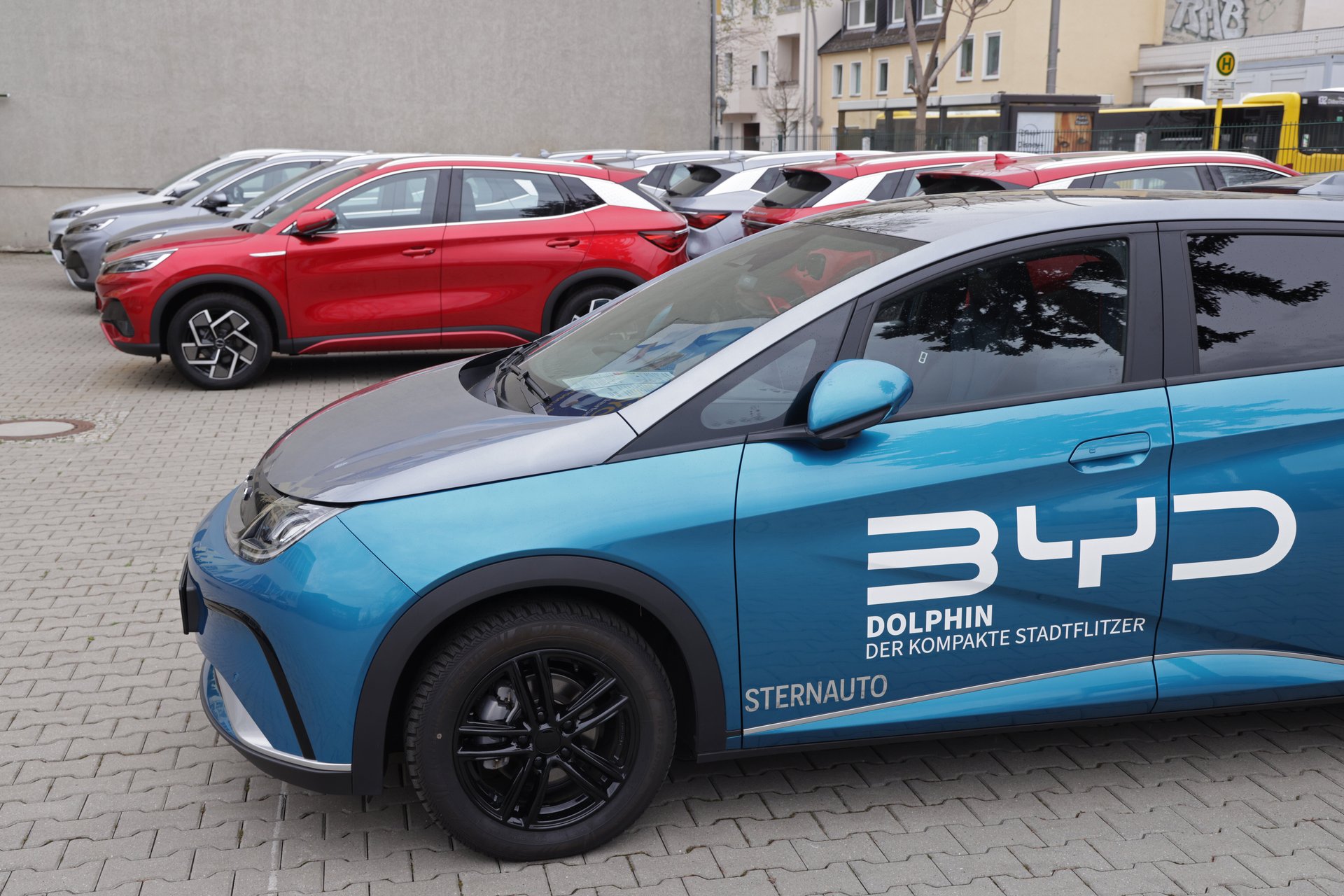Tesla's China rival BYD will sidestep tariffs by making EVs in Turkey
The company says it will begin work on a $1 billion factory in the country in 2026

China’s largest electric vehicle company has signed a deal to build a $1 billion factory in Turkey as it continues to expand around the world.
Suggested Reading
BYD — or Build Your Dreams — is expected to build a factory capable of producing 150,000 EVs and plug-in hybrids annually, as well as a research and development center. Work on the facility is planned to start in late 2026, according a statement from Industry and Technology Minister Mehmet Fatih Kacir on social media. As many as 5,000 jobs are expected to be created.
Related Content
“Türkiye’s unique advantages, such as its developing technology ecosystem, strong supplier base, extraordinary location, and qualified workforce, BYD’s investment in this new production facility will further improve the brand’s local production capabilities and logistics efficiency,” BYD CEO Wang Chuanfu said in a statement.
The announcement comes as BYD continues to expand its operations around the world. The company said in April that it sold its cars in more than 50 countries, including Australia, the United Arab Emirates, and Japan.
In February, BYD delivered its first batch of EVs to customers in Hungary, marking what the company called “a new chapter in developing the Central and Eastern European market.” Late last year, BYD said it would build a new electric car plant in Hungary, its first in Europe.
BYD also plans to revitalize a former Ford Motor Co. manufacturing hub in Brazil, investing $620 million to improve its profile in South America. It will build three factories at the industrial complex in the northeastern state of Bahia, which will collectively process locally-mined lithium and iron phosphate and produce vehicles.
BYD’s general director of Mexico, Jorge Vallejo, told Bloomberg News last month that the company is in final negotiations for the location of a new factory in the country. Vallejo said the plant will create about 10,000 jobs and that BYD is on track to sell 50,000 EVS in the country.
The new facilities will help BYD avoid some of the effects of new Western tariffs against China-made EVs designed to curb the nation’s mass exports.
The European Union’s new tariffs on EV imports from China went into effect last Friday, creating new duties of as much as 38% for some companies. BYD was hit with a 17.4% tariff, which may hurt the firm’s goal of being the leader in the European market by 2030. Turkey, which is a key partner of the EU but not a member, on Monday said it would also impose duties of 40% on imported EVs from China.
Volvo, a Swedish firm owned by China’s Geely, in June began moving production of its China-made cars to Belgium to dodge the tariffs, which at the time had not yet been announced. Without the move, Volvo had anticipated putting a freeze on exports to Europe, The Sunday Times reported.
The U.S. will quadruple tariffs on some Chinese EV imports from 25% to 100% in August. The government also plans to raise tariffs on semiconductors, lithium-ion batteries, solar cells, and some steel and aluminum products to tamp down competition.
